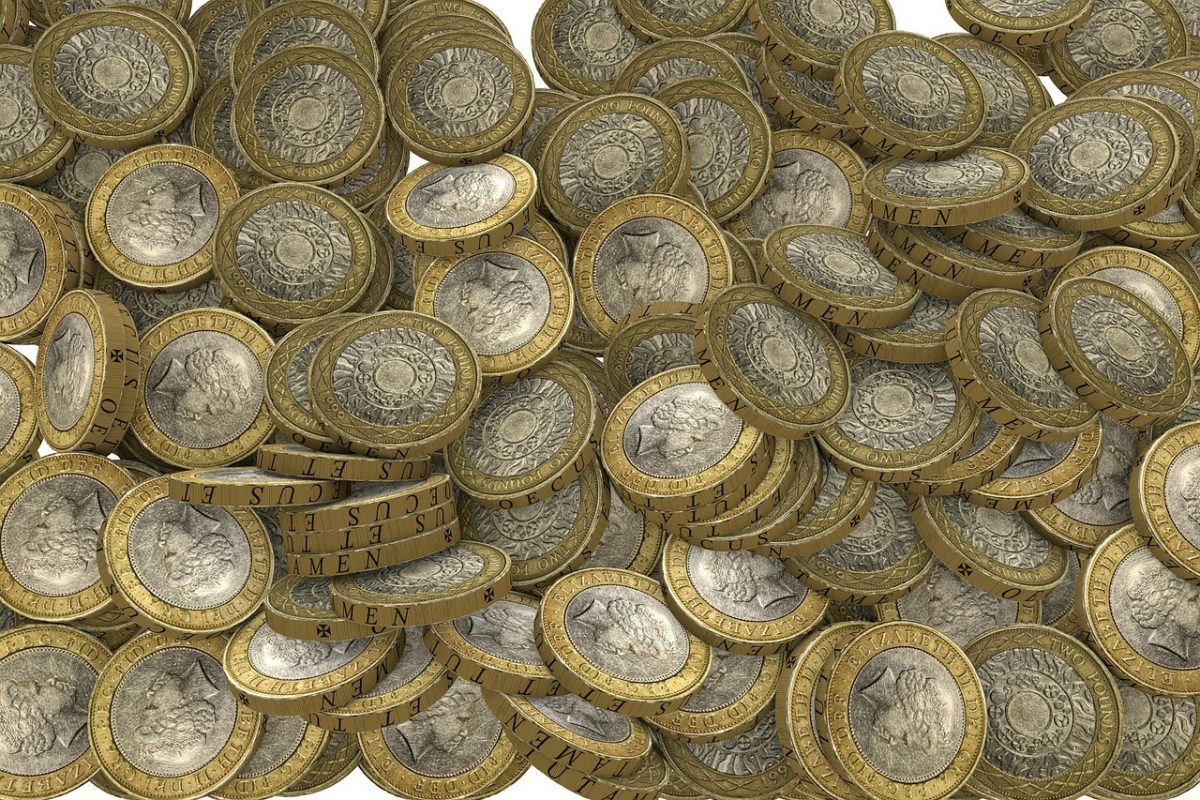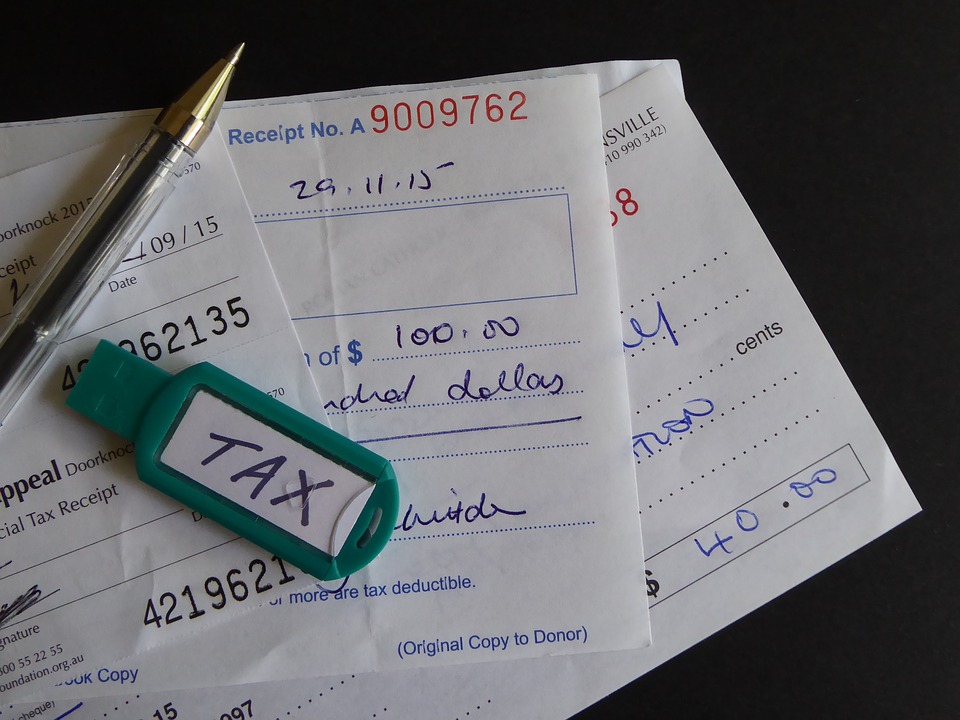Bookkeeping for the Self employed – what you need to know!
Jan 29, 2016
So WELL DONE – you have taken the plunge and set up on your own!
If the accounts side of being self employed is all a bit of a mystery to you, here’s a basic guide to get you started!
Things to Do Straight Away:
- Register with HMRC – you can click here to do so. This tells HMRC you are self-employed and means they will ask you to complete a tax return. You need to do this within 3 months of starting your business.
- Set up a separate bank account. This can just be another current account but it’s really important to keep your business income and costs separate from your personal money. You might want to set up another account as well where you can put money aside for your tax bill.
- Buy a couple of folders (and keep the receipt!)
What Records do I need to keep?
You need to keep records of your sales and costs. You won’t need to send these to HMRC but you need to keep them so you can work out your profit or loss for your tax return, and show them to HMRC if asked.
There are many ways you can keep your records, ranging from pen and paper to accounting software and the key is to choose one that suits you. If you don’t get it – you aren’t going to keep it up to date! For a lot of start-ups and freelancers– a simple excel spreadsheet will suffice in the early days so that’s what I am going to concentrate on here.
Sales:
Keep a copy of every invoice that you send out (paper or electronic).
Keep a record on a spreadsheet of all invoices raised – noting the date it was issued, the number (keep these sequential), who it was to and the amount. Have a final column where you note the date the invoice is paid – perhaps in a different colour so it stands out! You can then easily see who owes you money and how long the invoice has been outstanding – so you can get chasing!
Expenses:
It’s really important to keep track of what you are spending.
Try to pay for everything related to your business directly from your business bank account – this will make recording expenses so much easier. Some things you will have to pay in cash (parking etc) but wherever possible use your business account debit card. Even in Tesco if you are buying bits of stationery, pay for this separately to your weekly shop, or you will probably forget you bought it and you won’t claim it against the business.
Keep a spreadsheet of your expenses. It’s a good idea to have one spreadsheet or tab for all costs that you have paid for from the business account and another one for cash payments. Your spreadsheet should note the date, the supplier name and the total. It should then break down the amount into categories so you can keep track of what you are spending – the categories can be whatever you like and what will be useful for you – but might include post, stationery, travel, parking, website, networking, subscriptions etc. Don’t forget to include a category for money that you have taken out of the business for yourself, as you will need to “pay” yourself at some point!
Keep the actual receipts for your expenditure in a folder – filing them by month is a good idea and for the super organised, number them and cross reference them to your expenses summary spreadsheet, so when your accountant queries something you can find the receipt quickly!
Other Costs
If you use your car for business then the simplest way to charge the business for this is to recharge the mileage. The business can pay you 45p per business mile – so you need to keep a record of the business mileage that you do. You might chose to keep a notebook/diary in the car to keep a log, or to keep a spreadsheet but somewhere you need to keep a record of the business miles you have done. Every month, or quarter, total this up and repay the amount due to you from the business account – not forgetting to note it on your expenses summary!
Keep a record of your mobile phone bill and internet costs as you can also reclaim a percentage of these from your business.
Bank Accounts
Print out your statement when you get it and file it in your folder. Check the items on your bank statement to the income and costs on your summary and make sure you have everything recorded.
When you are paid by a client, it’s a good idea to put a percentage of this aside into your “tax” bank account to save for you tax bill – the amount you need to put aside will vary depending on your personal circumstance, but between 20 and 30% as a guide.
If you follow these basic steps then you are well on the way to having a good accounting system. Try to keep this up to date – there is nothing worse than sitting down to catch up the last 6 months!
Many accountants will have a template they use for their clients – contact me by email if you would like mine.



